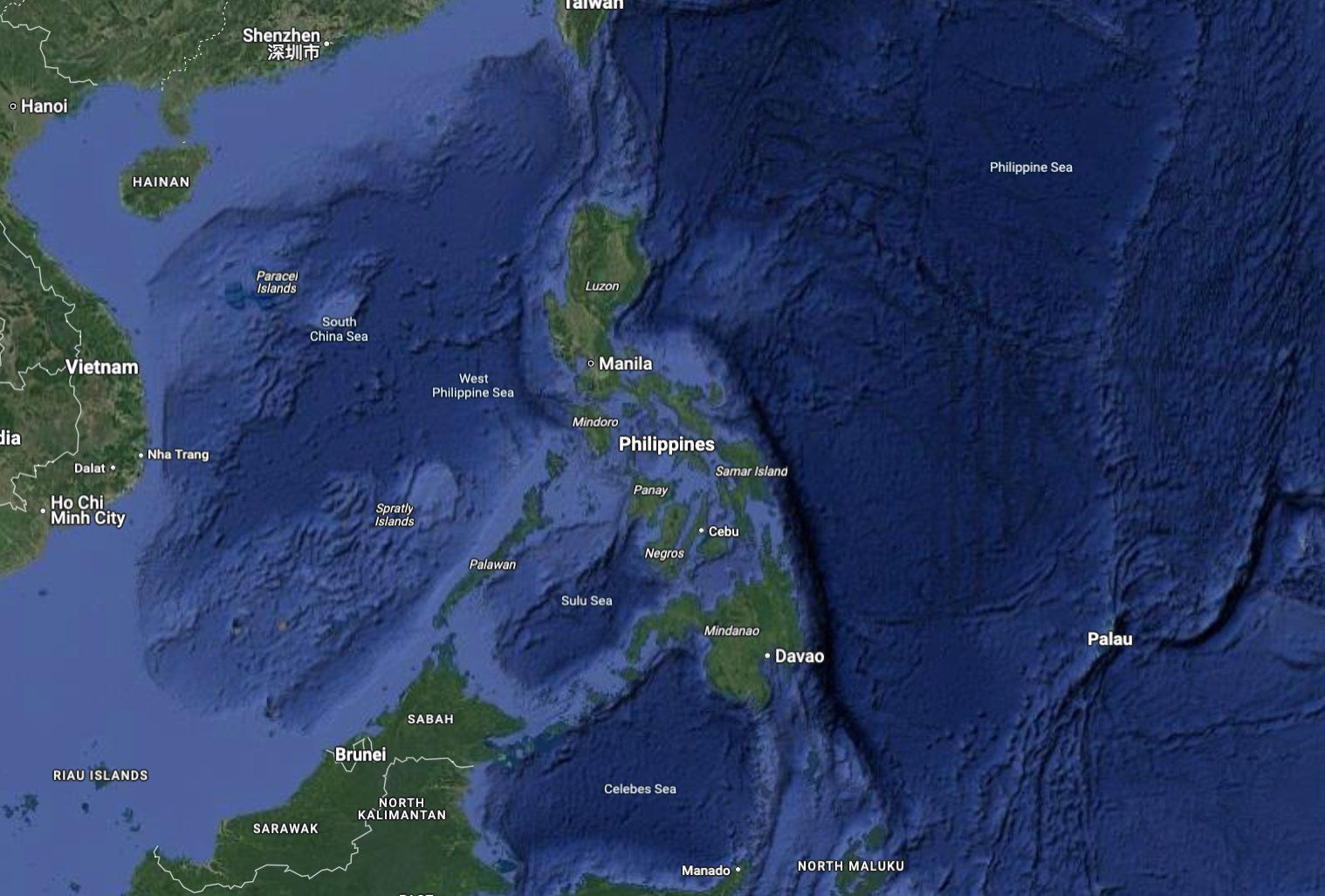According to the NMC, adopting the West Philippine Sea label is a recognition of the practical value of the country's prerogative to name its maritime zones.
NMC hopes more global platforms adopt 'West Philippine Sea' label
At a glance
The National Maritime Council (NMC) expressed hope that other global platforms will follow Google's lead in including the "West Philippine Sea" label in Google Maps, saying it reflects the world's growing acceptance of the country's rights over the disputed waters.

In a statement on Friday, April 18, the NMC said the move promotes Filipinos' sense of identity.
"The use of the 'West Philippine Sea' label in a global platform, such as Google Maps, raises domestic and international public awareness regarding the Philippines' lawful maritime entitlements," it said.
"It provides an internationally visible reference freely available to all across the globe and contributes to a stronger sense of national identity and unity among Filipinos, reinforcing pride in the country’s rights as a maritime and archipelagic nation," it added.
With this, the NMC expressed hope that more platforms will adopt the West Philippine Sea label, saying it aligns with international and domestic laws such as the 1982 United Nations Convention on the Law of the Sea (UNCLOS), the 2016 South China Sea Arbitral Award, and the Philippine Maritime Zones Act.
"Its usage in other global mapping and navigation services would be most welcome," the council said.
According to the NMC, adopting the West Philippine Sea label is a recognition of the practical value of the country's prerogative to name its maritime zones.
"Hopefully [it will] help encourage consistency in the term’s use by the international community and facilitate the upholding of the freedom of navigation in the West Philippine Sea, which is largely composed of the Philippines’ Exclusive Economic Zone (EEZ)," it said.
Meanwhile, the NMC assured the public that it will continue to uphold the country's maritime rights.
"The NMC reaffirms its commitment to protect and uphold the country's maritime rights and entitlements, in accordance with international and domestic law, and urges continued unity in promoting the national interest, especially in the West Philippine Sea," it said.
The term "West Philippine Sea" was first adopted by the government in 2012 and has since been widely used by Filipinos.
It is the term used by the Philippines for areas of the South China Sea within its EEZ, which China also claims almost in its entirety.
In 2016, the Permanent Court of Arbitration in The Hague ruled in favor of the Philippines, rejecting Beijing's sweeping claims. Despite this, China continues to refuse to recognize the decision.